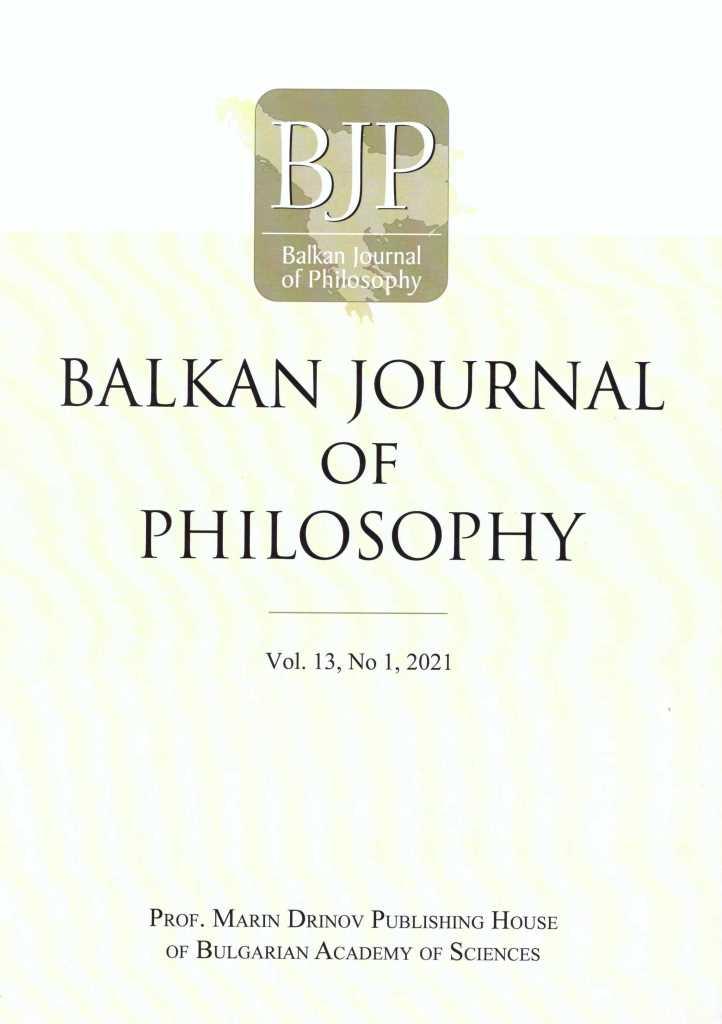Reassessing Personality and Narratives in the Brain and Behavioral Health Sciences
Reassessing Personality and Narratives in the Brain and Behavioral Health Sciences
Author(s): Paola Hernández-Chávez, Oscar Lozano-CarrilloSubject(s): Philosophy, Ethics / Practical Philosophy, Special Branches of Philosophy, Philosophy of Science
Published by: Институт по философия и социология при БАН
Keywords: personality; psychiatry; narratives; mental disorders; cognitive dysfunctions
Summary/Abstract: Narratives play an important role in the conceptualizations and classifications of mental disorders and cognitive dysfunctions. They recur in psychiatry, psychology, cognitive sciences, impairments' therapeutics, etc. Despite their relevance, first-person reporting and specialists' recounting of clinical cases have been understated in the literature. This is intriguing since narratives can potentially influence diagnostic statements, procedures, and prescriptions of rehabilitation treatments. They can also account for the extent to which certain disorders are normalized or pathologized within specific cultural contexts. Nonetheless, a narrative/story/description cannot be substituted for the contributions of the brain and behavioral health sciences. In Section I, we summarize three reasons that could explain the deflationary view of narratives in the clinical and neuroscientific literature: a) The brain and behavioral health sciences’ aspiration to emulate successful disciplines centered on pathogen-causal models; b) The bioinspired explanatory patterns; and c) The brain and behavioral health sciences’ neglect of the big picture, i.e., the interaction of components when a cognitive/psychiatric/psychological problem presents. A concomitant core problem is presented in Section II: Psychiatry's out-of-date conception of personality assumes that personality traits are fixed features of a subject’s identity and that identity is a static closed system. In Section III, we challenge this view and urge brain and behavioral health sciences professionals to update their notion of personality and narrative. We conclude by offering some criteria that distinguish genuine narratives from story-like accounts (i.e., genuine narratives must be consistent, explanatory, coherent, and constant).
Journal: Balkan Journal of Philosophy
- Issue Year: XIII/2021
- Issue No: 1
- Page Range: 57-66
- Page Count: 10
- Language: English
- Content File-PDF

